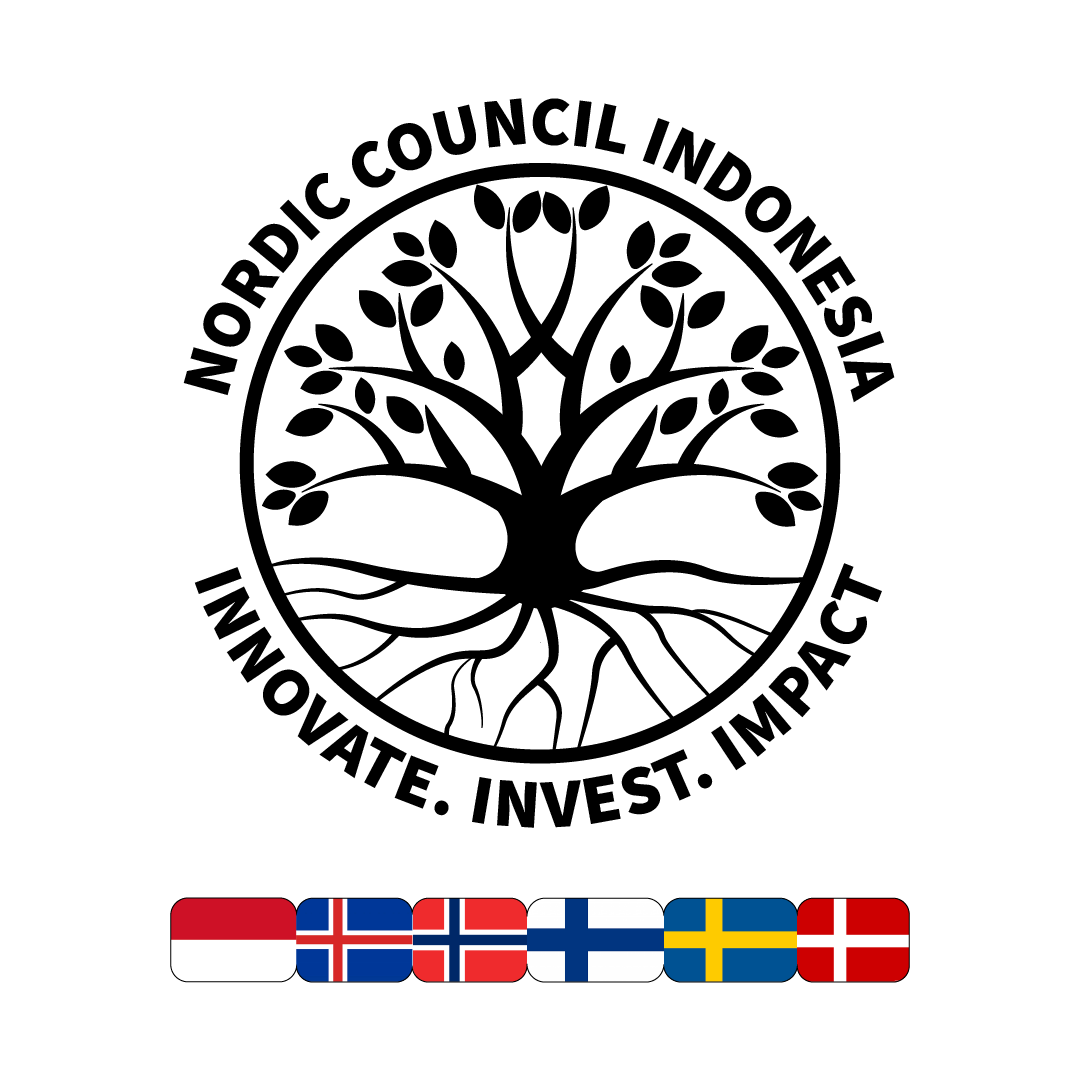Even though it seems everyone visiting Bali has chosen to make a long weekend out of the New Year celebrations, we’re right back into the thick of things!
If you’ve been following our blogs and stories in 2019, you’ll know we’re positive about Indonesia’s future. We know there are many challenges and we know things aren’t perfect … but at least Indonesia is stepping up to the plate and looking to change things for the better.
So, what can we expect from Indonesia in 2020?
There are two main aspects to consider.
First, is the general world economic outlook.
And second, is Indonesia’s own internal economy and actions taken by the government.
General World Outlook
The world’s financial situation is still cloudy, not least because of the current US-China Trade War. But it seems they are both slowly beginning to understand this will only result in losers in the long run.
Europe has its challenges as well.
Brexit is at the top of the list, but there are also a few European economies close to recession. The EU also has its issues with Indonesia; first over palm oil products and secondly Indonesia’s ban on the export of nickel.
At the end of the day however, the EU needs Indonesia’s products, and Indonesia needs the EU’s customers.
Inside Indonesia
But there is an interesting aspect that has come out of these international trade issues and it may be a good opportunity for Indonesia to capitalize.
When the USA and China started their trade war, Indonesia was quick to fast-track several international trade agreements. In fact, 14 of them in total and some of these are quite significant.
CEPA agreement with Australia
Both parties are currently ratifying the CEPA agreement and there’s a sense of excitement that we’re at the start of a new era, which will allow for a much larger volume of trade between the two countries.
EFTA Agreement
Similar agreements are also being ratified between EFTA (non EU members, Switzerland, Norway, Lichtenstein and Iceland).
The most important country in this mix is probably Switzerland, known for its well-developed banking and finance capacity. There are already signs of other EU based companies looking at setting up in Switzerland to take advantage of the agreement and get around the trade issues between the EU and Indonesia.
This may also happen on a smaller scale with the Nordic countries using Norway as an entry.
Indonesia’s potential
We can already see the impact of companies established in China moving and/or considering moving to Indonesia. One reason is the Trade War but they also see the massive potential Indonesia has as it charges to being the 4th largest economy in the world.
Currently Indonesia has stopped all export of Nickel and the EU is threatening to take Indonesia to international court for breach of free trade principles.
Indonesia’s main motivation to do this though, is because they can make much more on processing their own minerals before they export and may even move towards producing nickel based products.
This may be how Indonesia will approach other raw materials being mined here. For example in the oil and gas industry where Indonesia is processing with its own refineries to reduce the need to import various types of fuel.
Indonesia’s investment climate
These have had a massive impact on Indonesia’s fiscal situation, reducing trade deficits and the need for fuel subsidies; the right things to do to further strengthening the economy.
This in turn will drive more foreign investors into Indonesia in particular investment companies.
Proof of the pudding, so to speak, happened at the opening of the Indonesia Stock Exchange (IDX) on its first day of 2020 trading on January 2. President Jokowi opened the session and announced 55-new companies had listed their shares in the market, stating IDX was the highest in ASEAN, the seventh highest in the world and long-term fundraising had reached IDR 877 trillion (approximately USD 62.64 billion).
Domestically, Indonesia has also taken up its rights to nationalize shares in larger mining companies.






